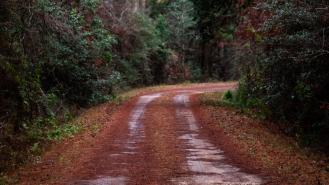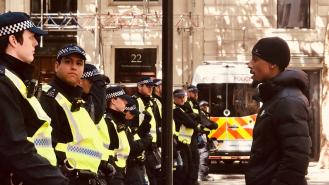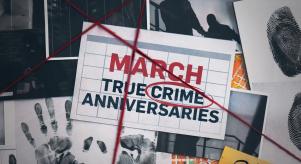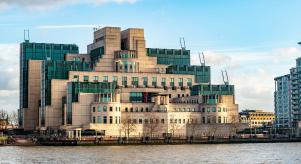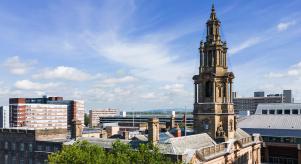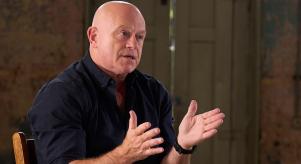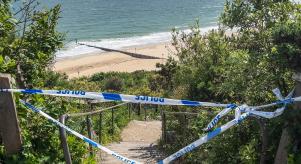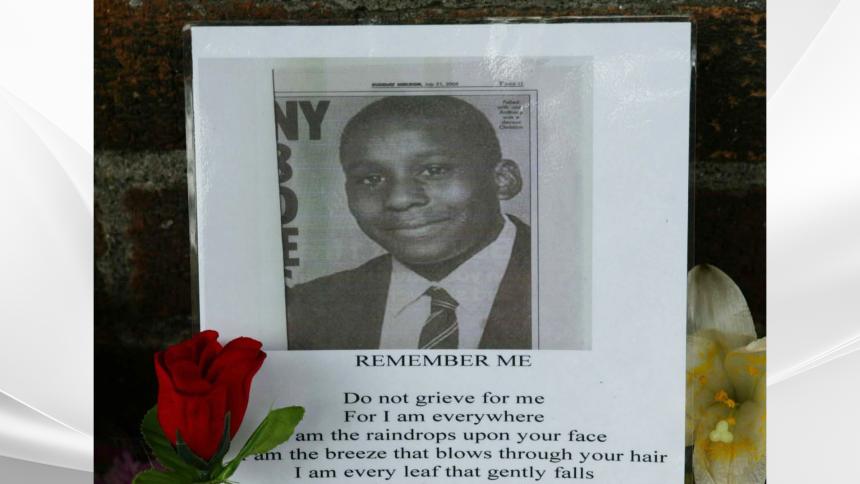
The racist murder of Anthony Walker
Anthony Walker was only 18-years-old when he was killed in a racially-motivated attack in Merseyside in 2005. 15 years later and a BBC drama Anthony is provided a reimagining of what could have happened to the Black teenager, if his life hadn’t been cut short. This, though, is what really happened to Walker that July night and the consequences of the crime.
Anthony Walker, one of six children, was a popular teenager. He was a devout Christian, studying for his A-levels, who wanted to be a lawyer. On 29th July 2005, he had been babysitting his nephew with his girlfriend, Louise Thompson. At the end of the night, he and his cousin Marcus Binns walked Thompson to her bus stop near Huyton Park pub, which is where 17-year-old Michael Barton spotted them. When he saw the group, he shouted racial slurs at them and told them to walk. They did, cutting through McGoldrick Park to get to another bus stop. It was acknowledged that the group had been doing the right thing: leaving the scene to avoid confrontation. But this wasn’t enough to stop Barton.
Officers on the case would later say that it wasn’t a pre-meditated attack on Walker and his cousin, but one of the ‘wrong place, wrong time’. Barton and his cousin 20-year-old Paul Taylor, who he was with that night, had actually planned to spend the evening burgling safes from hotels. Then they saw the group.
After Walker, Binns and Thompson had walked away, Barton and Taylor got into their car and drove after them. Arriving at the entrance to the park before Walker and the others, they hid in the bushes and waited for them. Once they arrived, Barton and Taylor accosted the group. Although Binns and Thompson were able to get away, Walker was not and Taylor attacked him with an ice axe, driving it deep into his skull (the attack was so brutal, doctors later struggled to remove the axe). Barton was the one who supplied the weapon, initially saying he found it outside the pub, before changing his story and saying the first time he saw it was when it was in Walker’s head. Despite this, he was able to describe the weapon in detail to the police. Witnesses later reported seeing him with the axe days before the attack.
Walker was taken to the hospital, but died there the next morning, on 30th July.
The murder was instantly branded a racist attack and became front-page news. Hundreds of tributes from the community were left at the site of Walker’s death. Thousands then also gathered for an anti-racism vigil. 400 attended a candle-lit walk. Not only was the shocking killing violently vicious and senseless, but it bore similarities to the murder of Stephen Lawrence: another Black teenager who was murdered after a gang shouted racist abuse at him at a bus stop. Then there was the fact that Barton and Taylor had a claim to fame: they were the brother and cousin of Manchester City footballer Joey Barton.
Unlike in the Stephen Lawrence case, when the Met was accused of bungling the investigation due to corrupt officers and systemic racism, this time, the Merseyside police acted quickly. Barton and Taylor were also suspected early on, but the pair fled to Amsterdam. Walker’s family made a public appeal for information and witnesses reported seeing Taylor carving swastikas on the outside of the pub. Joey Barton publicly called for their return and days later, they did. Taylor confessed to his part in the killing early on, while Barton initially denied his role. The pair were found guilty of murder and sentenced to prison, Taylor receiving 23 years for the murder and Barton 18, for initiating the confrontation and supplying the weapon. The judge described Barton as a 'racist thug.'
The murder was about more than two teenagers’ vicious actions, though: it forced the predominantly white community to face up to the racism that existed within it. Hours after Barton was found guilty, racist graffiti sprung up at the scene of Walker’s death. Police removed it and refused to say what had been written. Though the community openly grieved, bulletin boards spouted messages from white supremacists comparing the death and media coverage of Anthony Walker with that of Richard Whelan, a white man.
In 2015, the BBC reported that hate crimes in Merseyside were up 13.4%
In fact, campaigners in the area had already warned of a rise in racial hate crimes, with the number of racially motivated attacks in the borough in which Walker lived in the first half of 2005 alone almost equal to that of the whole of 2004. The Walker family had their own reports of the racism they’d weathered before Anthony was killed.
In the aftermath of her son’s death. Anthony’s mother, Gee, set up the Anthony Walker Foundation: a charity devoted to promoting racial harmony through education, the arts and sport. SIGMA Units (devoted to investigating hate crimes) within the police force followed.
But 15 years on, as people across the world attend protests to proclaim that Black Lives Matter, how much has changed?
In 2015, the BBC reported that hate crimes in Merseyside were up 13.4% on a decade ago, when Anthony Walker was murdered. The Anthony Walker Foundation’s website states that hate crimes in Merseyside (and nationally) remain a serious threat that to the community. A contact form allows those who have experienced a racist attack to report it to the foundation. In 2017, it saw a 15% rise on reported hate crimes on the year before. In 2016, Michael Barton’s sentence was reduced from 18 years to 16, after he became a charity worker in prison.
In an interview with the Guardian, Gee Walker said it doesn’t surprise her that 15 years on, we are seeing crimes like that of the murder of George Floyd. But she remains hopeful that films like the upcoming drama based on her son’s life will change minds and get people to rethink racism by showing everything that was taken from her son, Anthony Walker.
